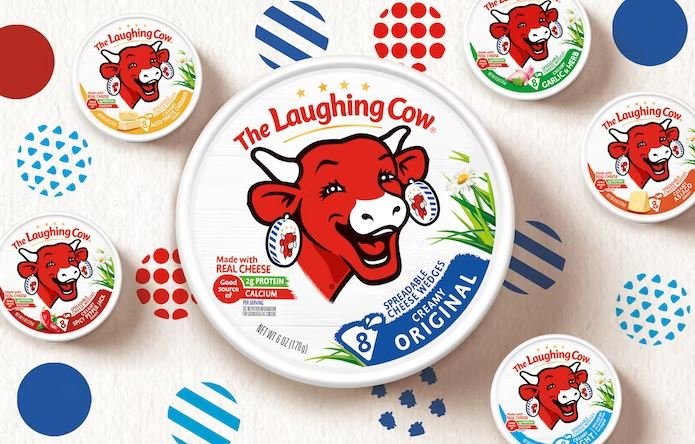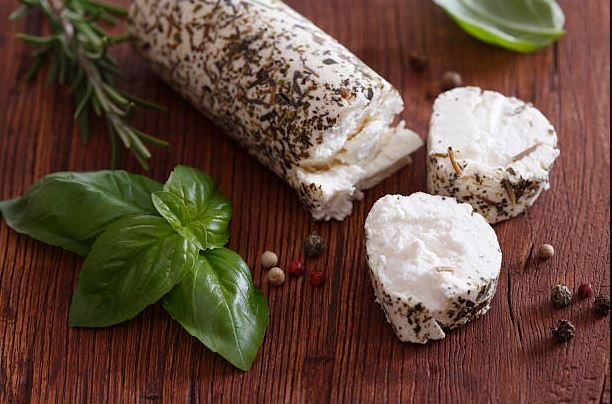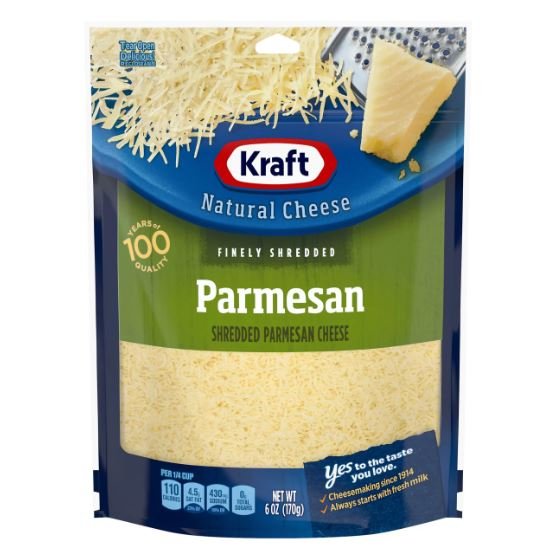A lot of cheese lovers all over the world, most of whom are lactose intolerant, have continually asked if goat cheese contains lactose or not. By the way, lactose is a form of sugar found in milk.
The term “goat cheese” refers to any cheese made from goat’s milk. There are many variations of goat cheese, which differ in terms of texture, flavor, and aroma. Goat cheeses can range from soft to hard and mild to tangy. Some examples include Feta, Chèvre (or fresh goat cheese), Chechil, and Queso Blanco.
Goat cheese has lactose, every cheese does. All types of cheese contain some amount of lactose, with goat’s cheese having about 2–4% lactose.
Hence every cheese that is made with milk is likely to have lactose. The only difference is in the ratio or amount of lactose each milk contains. However, goat milk has less lactose than cow milk, and some people with lactose intolerance tolerate goat cheese better than cow milk products.
Can People With Lactose Intolerance Eat Goat Cheese?
In short, yes. Goat milk is different from cow’s milk in that it contains less lactose, the main sugar found in milk and dairy products. Mild cases of lactose intolerance may allow for the consumption of goat’s milk and cheese.
For people who are lactose intolerant, this makes goat cheese a great alternative to cow’s milk cheeses, like mozzarella or cheddar.
Does Goat Cheese Contain Less Lactose Than Other Types of Cheese?
For those who are lactose intolerant, goat’s milk may be an alternative to cow’s milk. Goat’s milk has less lactose than cow’s milk, so for some, it is easier to digest.
Goat cheese is a good alternative for people with a dairy allergy or intolerance. Those with a cow’s milk protein allergy can often eat goat cheese.
Goat cheese has less fat than other cheeses because it comes from goats that eat weeds rather than grain-fed cows. This means fewer toxins get stored in their bodies and passed along to us.
Like cow’s milk, goat’s milk contains lactose. While goat cheese may not be as common as cow’s milk cheese, it has its fans who claim that it is easier to digest than cow’s milk cheese.
Is Goat Cheese a Good Choice for Those Allergic to Dairy?
In general, goat cheese is not a good choice for those allergic to dairy. It’s made from the milk of goats, which is just as much a dairy product as cow’s milk. As such, it contains casein and lactose, which are the components that most affect people who have allergies or intolerances to dairy.
Most people with an allergy to dairy don’t react well to goat cheese. However, some people with lactose intolerance or those with casein sensitivity can handle goat cheese without any issues. It all depends on how sensitive you are to each component of the cheese and how your body reacts to it.
Even though goat cheese doesn’t contain lactose in significant amounts, some people may still react to it if they have high levels of sensitivity. The same holds for casein. If you have a severe reaction to casein or lactose, you should avoid eating goat cheese until you test out your tolerance levels by starting with small portions and increasing them gradually over time.
The best thing to do is consult with your doctor before giving goat cheese a try. They can help you determine whether it will affect your allergy symptoms or not.
How Much Does Goat Cheese Cost?
Goat cheese is not as costly as donkey cheese. Although, the cost of goat cheese depends on the type, quantity, range, variety, and to some extent where you purchase it.
The average price tag for one ounce of goat cheese goes from $1 to $5. You can also get some for around $13 to $23 per pound. Goat cheese is affordable unlike pule cheese, which cost around $550 per pound.
Is Goat Cheese Healthy?
Yes, goat cheese is healthy. it’s a good source of many vitamins and minerals. Goat cheese has grown in popularity in recent years, in part because it can sometimes be tolerated by people who have an intolerance to cow dairy products. If consumed in moderation, it can be part of a balanced diet.
Having an abundance of calcium, goat cheese enhances good bone health. Calcium is an essential nutrient for bones, it helps bones develop stronger. Goat cheese can also improve and enhance the physical and physiologic function of the body parts.
It helps reduce the system’s vulnerability to illness and helps the effective functioning of the immune system.
An ounce of white goat cheese served contains the following nutrients: fats (9 grams), protein (7 grams), calories (70 grams), and just lactose (3 grams).
Goat cheese, also known as chèvre, is made from goat milk. It is one of the healthiest cheeses in the world. In a way of comparison with cow cheese, goat cheese has less fat, fewer calories, little cholesterol, and more calcium.
Goat cheese can be produced in a wide variety of styles, ranging from soft to hard cheese. Its origin can be traced thousands of years back to Ancient Greek, 5000 BC or so. Chèvre is, inarguably one of the healthiest cheeses in the world as a result of its numerous health benefits.
The simplest form of goat cheese can be prepared in various kitchens. This can be done when you allow your raw goat milk to curdle for hours or days then you drain and press the curds.
Goat cheese is a popular choice for those who are lactose intolerant or have a sensitivity to cow’s milk, but it has a unique nutritional profile. It is not just a matter of substituting one dairy product for another. Goat cheese can be a healthy addition to your diet.



















